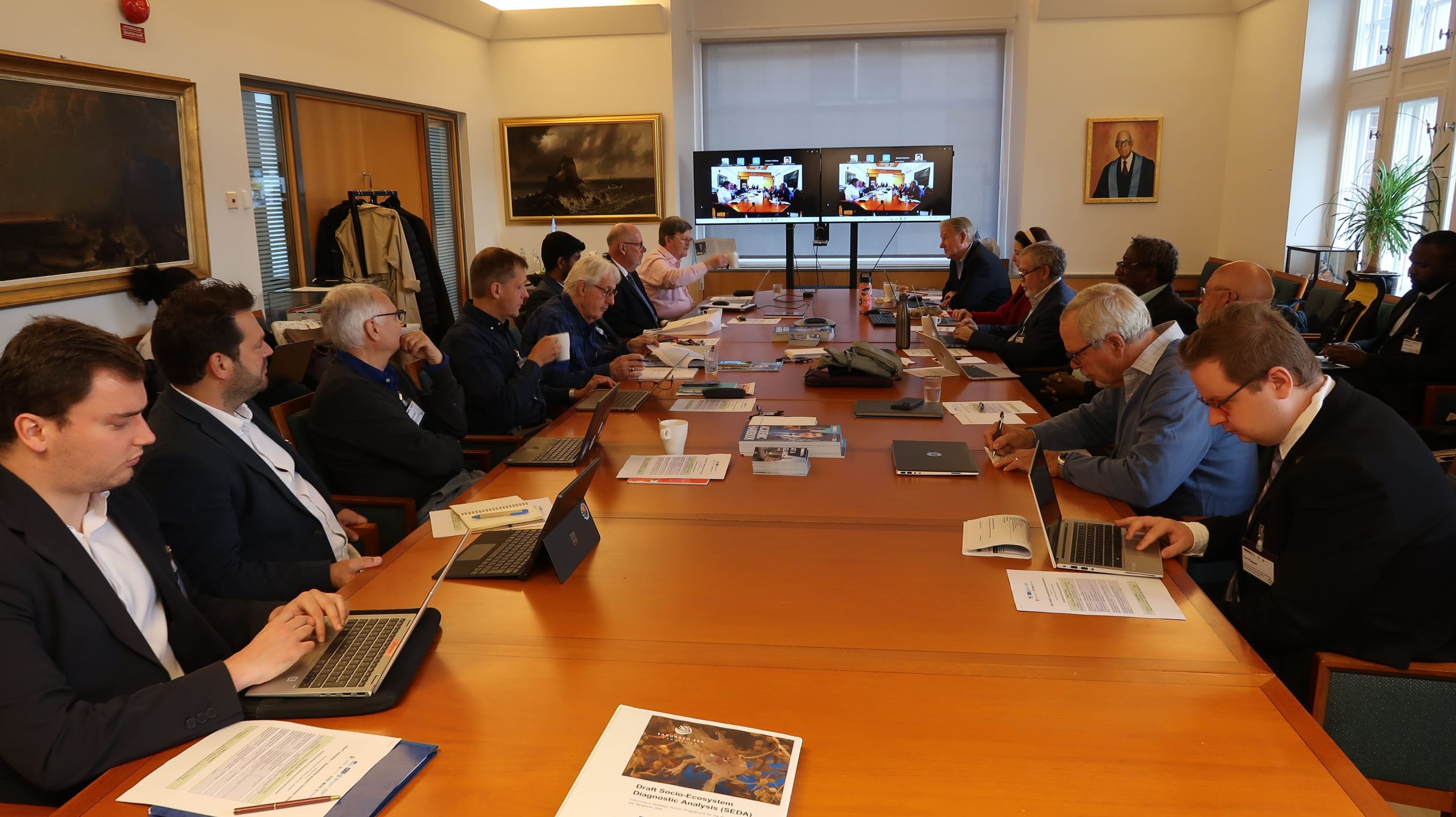
The World Maritime University (WMU)–Sasakawa Global Ocean Institute (GOI) and the Sargasso Sea Commission (SSC) convened the Sargasso Sea Commission Stewardship Project Technical Meeting from 16–17 October at WMU headquarters in Malmö, Sweden. The meeting formed part of the Global Environment Facility (GEF)-United Nations Development Programme (UNDP) - UNESCO - Intergovernmental Oceanographic Commission (IOC) project, in which WMU serves as an in-kind supporting partner.
sargasso sea commission stewardship project
technical meetings
The two-day technical event brought together 20 distinguished participants including Sargasso Sea Commissioners, project partner representatives, topic experts and scientists, as well as representatives from the WMU-GOI Future Ocean Programme to present and discuss the outputs so far from the project, particularly in the context of the detailed scientific results and identified threats to the Sargasso Sea as an ecosystem, and to define the way forward from these results to the development and adoption of Strategic Action Programme for long-term conservation and stewardship so this unique area of biodiversity beyond national jurisdiction.
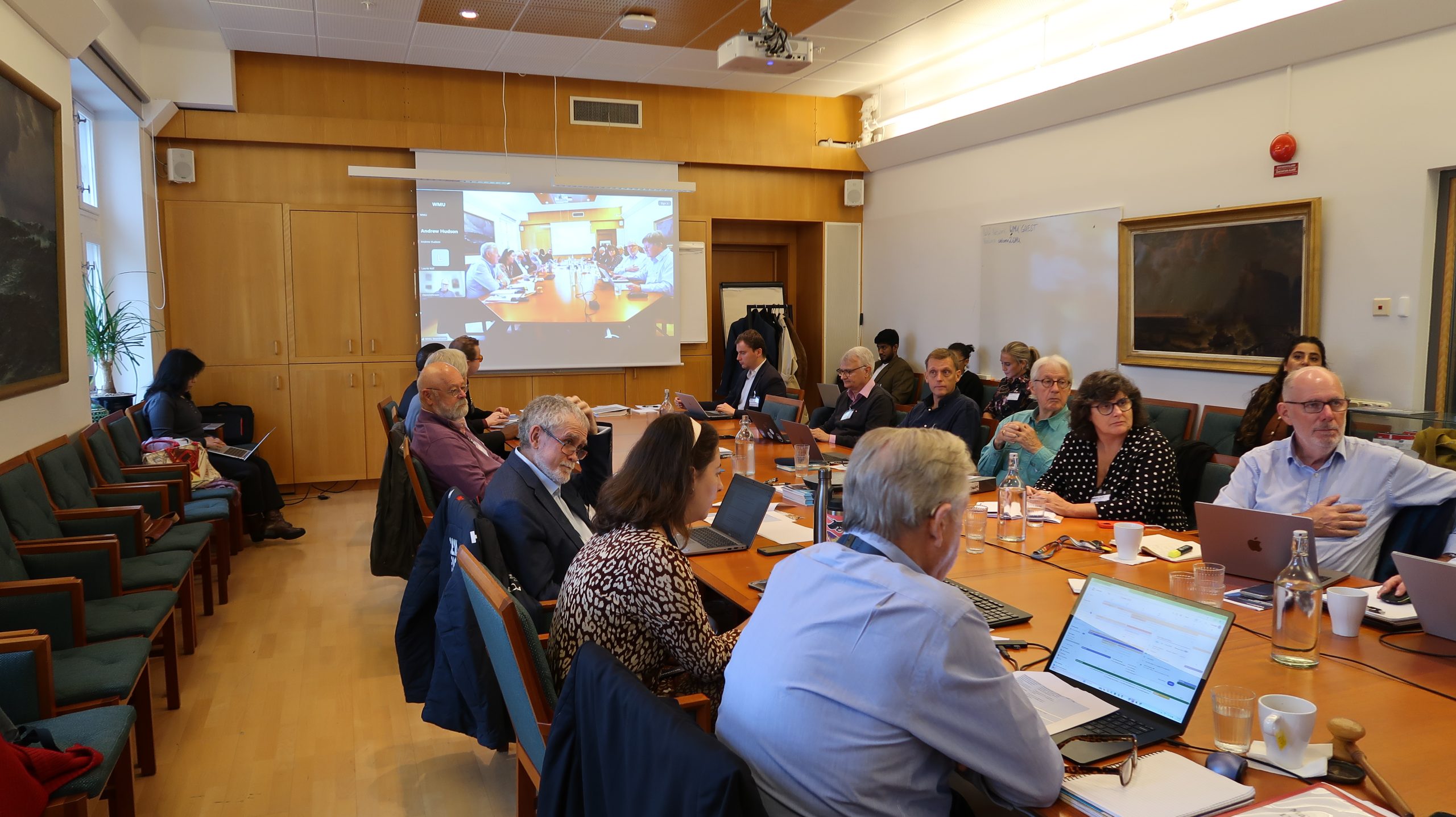
WMU-GOI Contributions
Professor Ronán Long, Director of the WMU–GOI, delivered welcome remarks and highlighted the longstanding partnership with the Sargasso Sea Commission and emphasized the immensely rewarding collaboration on this project.
As meeting chair, Professor David Freestone, Executive Secretary of the Sargasso Sea Commission, introduced the Agenda for the technical sessions, and thanked all the participants in advance for their contributions and noted the importance of their expert input to successful progress of the project, noting the critical importance of the Sargasso Sea.
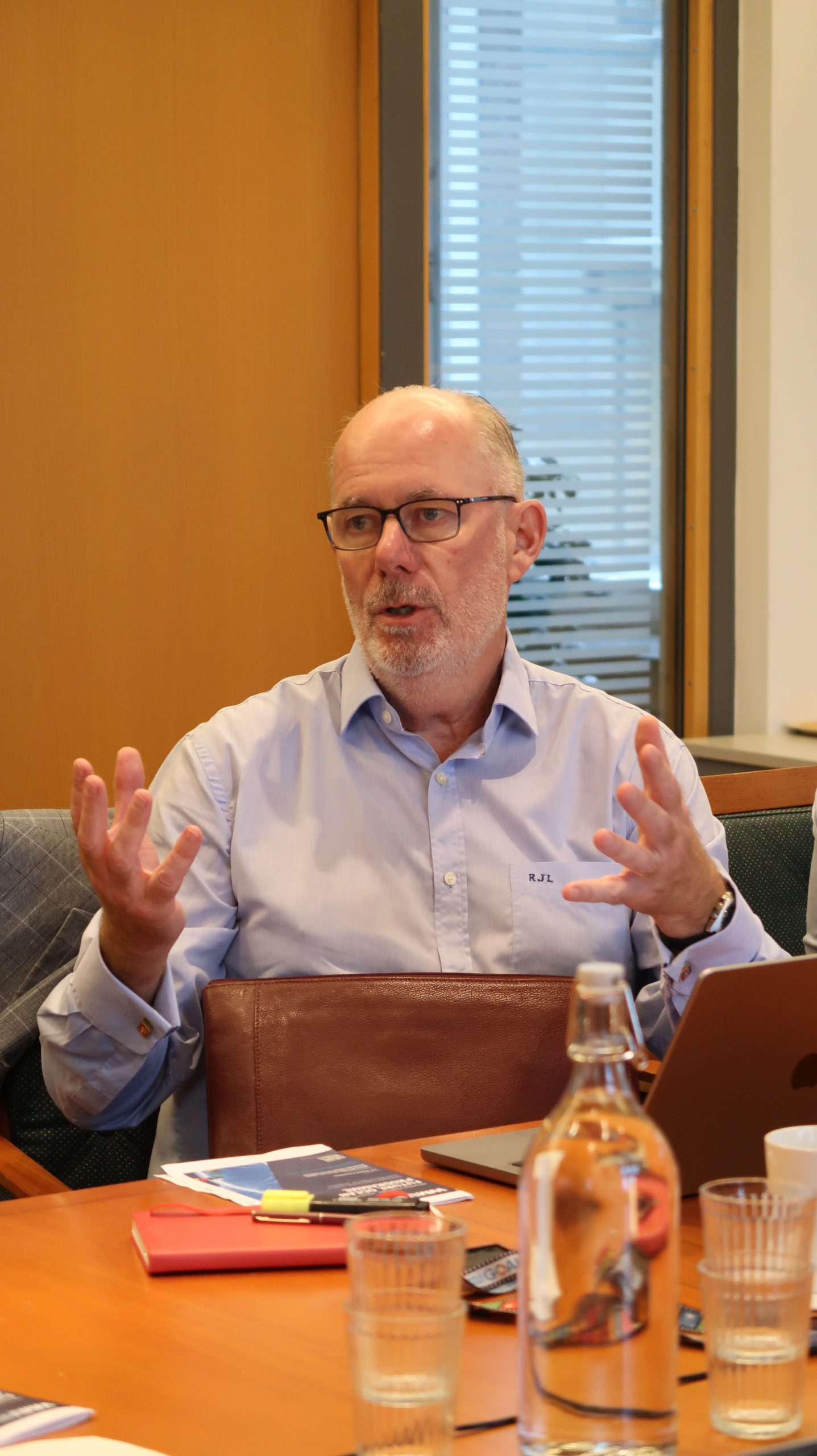
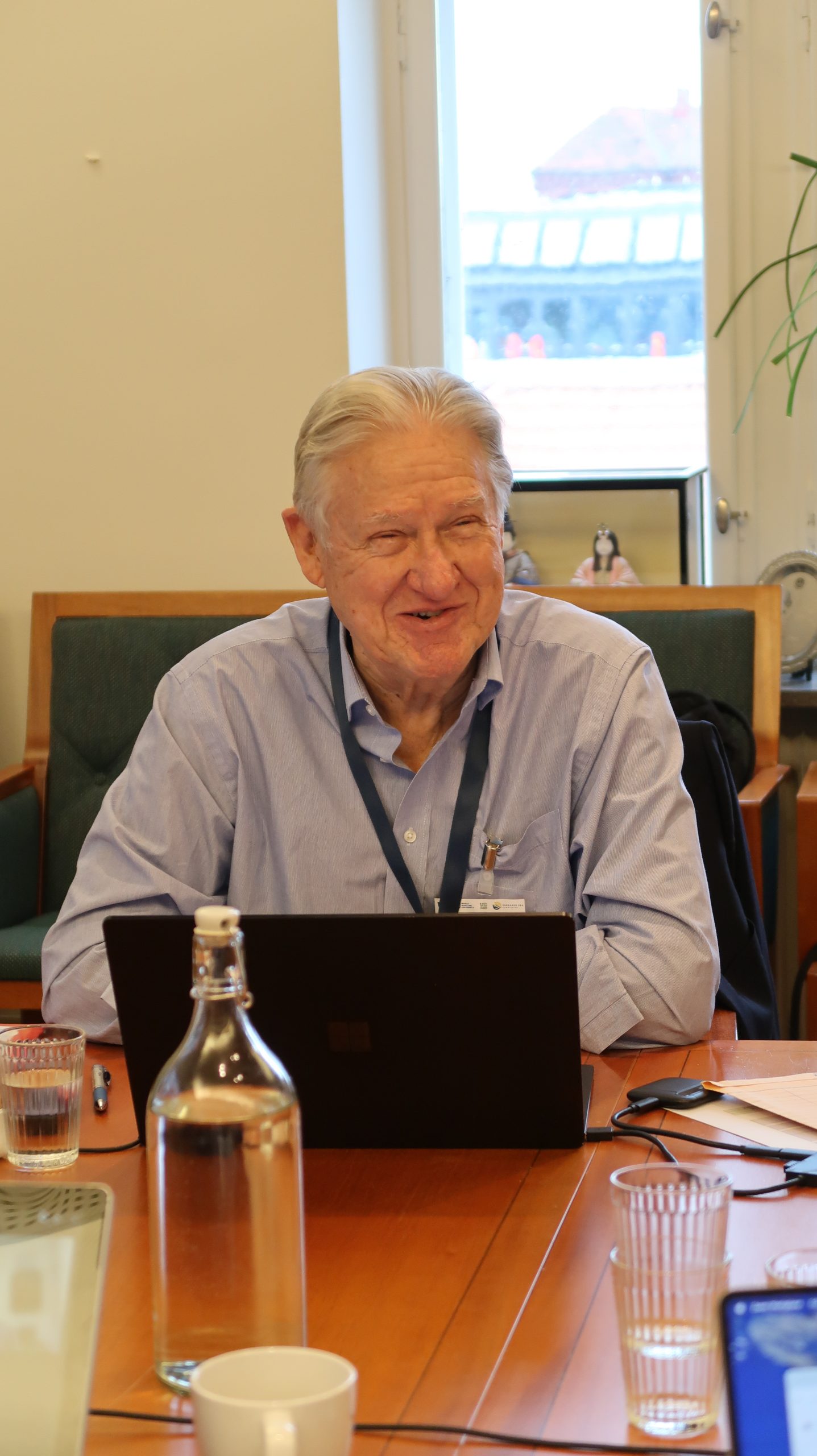
The technical sessions focused on reviewing and advancing activities toward the Strategic Action Programme (SAP) for the Sargasso Sea. Discussions covered updates on pre-SAP activities, including summary findings from the Socio-Economic Diagnostic Analysis (SEDA), the Causal Chain Analysis (CCA) identifying key threats, impacts, and root causes, and work on ecosystem valuation and cost–benefit analyses. Participants also examined data and knowledge gaps emerging from these processes.
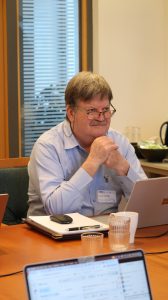
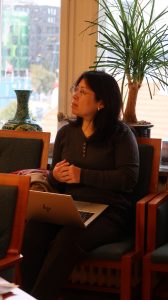
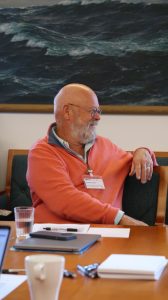
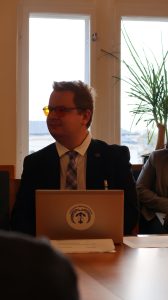
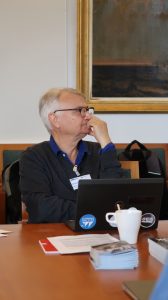
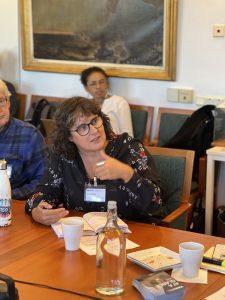
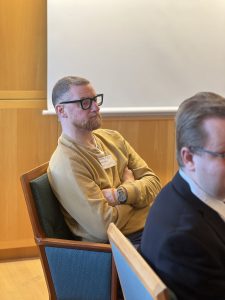
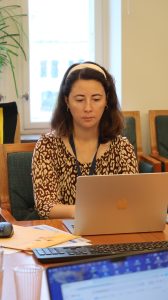
The group further explored the objectives, structure, and roadmap of the forthcoming SAP, with particular attention to governance, funding, and implementation pathways for the next phase of the GEF project. Key outcomes emphasized the importance of developing a realistic and inclusive SAP that clearly defines priorities, responsibilities, and cooperative mechanisms for long-term stewardship.
Professor Long noted that “even in ungoverned waters, cooperation and innovation can deliver real conservation results,” highlighting that ongoing research through the WMU–GOI programmes, including the Future Ocean Programme and BBNJ Clinic Programme, is well positioned to contribute to the Stewardship Project and capacity development.
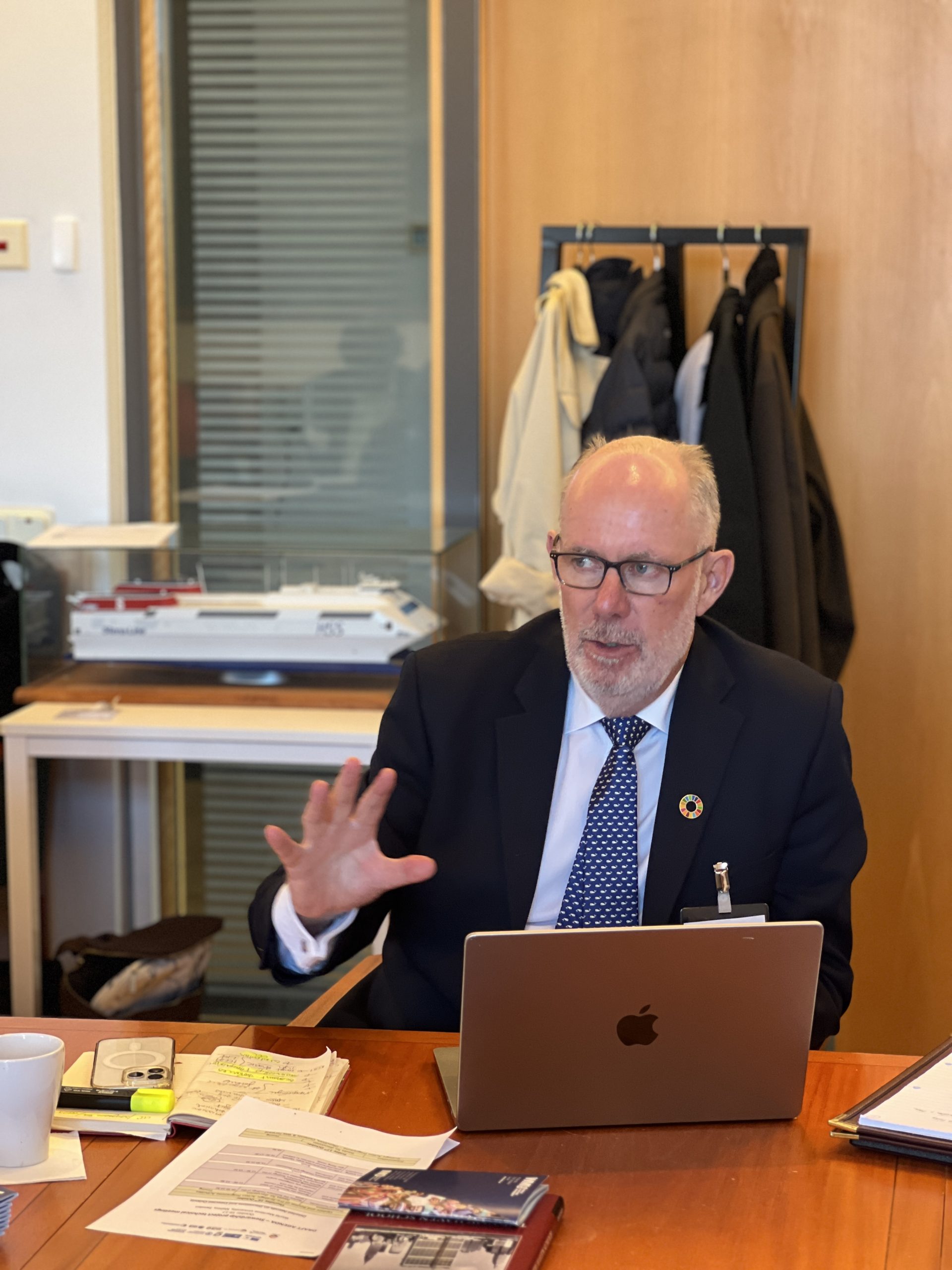
The Sargasso Sea, as a pioneering example of non-treaty-based conservation in areas beyond national jurisdiction (ABNJ), plays a vital role in ocean health and biodiversity, serves as a unique ecosystem that supports numerous migratory species and contributes to global ecological balance. With the upcoming Conference of Parties for the BBNJ Agreement, this ongoing collaboration between the Sargasso Sea Commission, the GEF–UNDP–UNEP–UNESCO-IOC project, and WMU–GOI underscores the global commitment to advancing science-based ocean governance and regional cooperation.
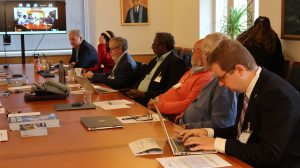
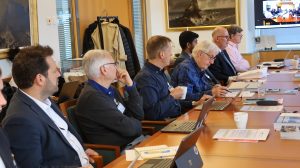
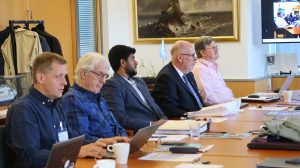
About the world maritime university
The World Maritime University (WMU) in Malmö, Sweden is established within the framework of the International Maritime Organization, a specialized agency of the United Nations. The mission of WMU is to be the world centre of excellence in postgraduate maritime and oceans education, professional training and research, while building global capacity and promoting sustainable development. WMU is an organization by and for the international maritime community and is committed to the United Nations Sustainable Development Goals Agenda.
About the wmu-sasakawa global ocean institute
The World Maritime University’s WMU-Sasakawa Global Ocean Institute (WMU-GOI) is an independent focal point for the ocean science-policy-law-industry-society interface where policymakers, the scientific community, regulators, industry actors, academics, and representatives of civil society meet to discuss how best to manage and use ocean spaces and their resources in accordance with the United Nations 2030 Agenda for Sustainable Development. The Institute was inaugurated in May 2018 and made possible through generous support from The Nippon Foundation of Japan, the Governments of Sweden, Canada, and Germany, as well as the City of Malmö
About the sargasso sea commission
The Sargasso Sea Commission (SSC) was founded after the signing of the Hamilton Declaration on Collaboration for the Conservation of the Sargasso Sea in Bermuda in 2014 and to date has of ten government signatories.Currently, the area of collaboration for the SSC consists of 4 million square kilometres and is governed by the high seas governance system under the law of the sea and international law. A large focus of the SSC is to collect data using modern technological inventions and AI, by which it aims to monitor and track human activity in the area and how it affects the unique marine environment of the area as well as its marine life.
About the Stewardship Project
In June 2020, the Global Environment Facility (GEF) Council approved its latest Areas Beyond National Jurisdiction (ABNJ) programme entitled "Common Oceans - Sustainable utilisation and conservation of biodiversity in areas beyond national jurisdiction"; the programme is financed under the GEF's International Waters focal area. One component of the GEF ABNJ programme is the project, "Strengthening the stewardship of an economically and biologically significant high seas area – the Sargasso Sea". The overall objective of the 4-year, nearly $3 million project is to facilitate a collaborative, cross-sectoral, and sustainable stewardship approach for the Sargasso Sea through improvement of the knowledge base and strengthened frameworks for collaborative management and governance.
The United Nations Development Programme (UNDP) is the GEF implementing agency for the project, and after a detailed review of prospective organisations, the Intergovernmental Oceanographic Commission of the United Nations Educational, Scientific, and Cultural Organisation (IOC-UNESCO) was selected to serve as UNDP Implementing Partner (Executing Agency). IOC will work closely with stakeholders for the project, including UNDP, the Sargasso Sea Commission and its Signatory Governments, GEF-eligible beneficiary countries, and other partners, including the Bermuda Institute of Ocean Sciences, the Duke University Marine Geospatial Ecology Lab, the Imperial College London Centre for Environmental Policy, the University of Edinburgh, the World Maritime University, and the French Global Environment Facility (FFEM).
